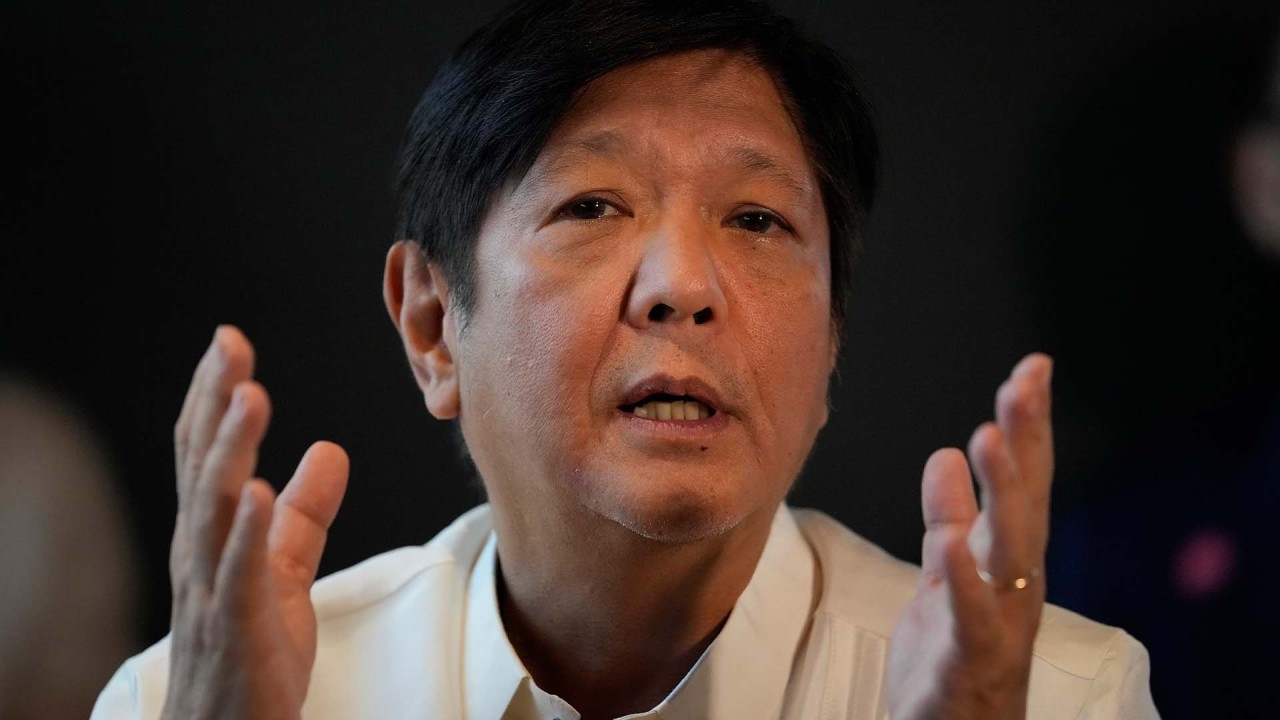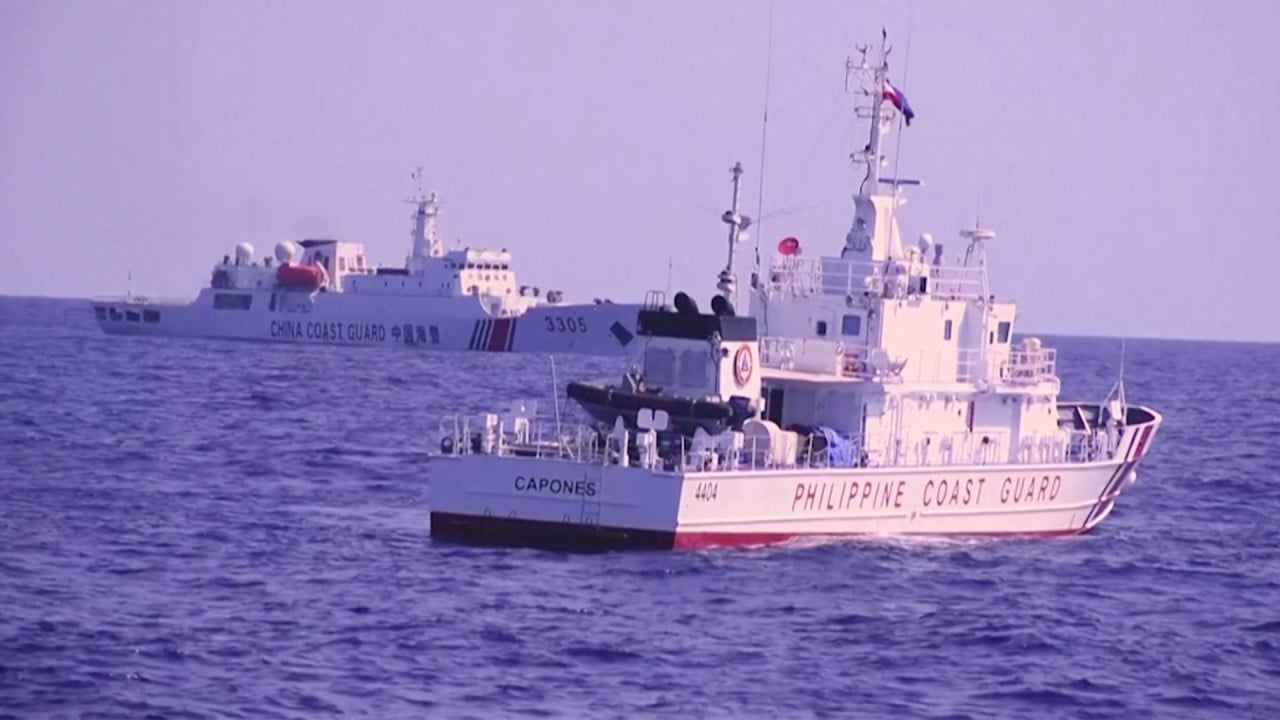
Don’t let South China Sea disputes strain ties, China tells new Philippine government
- Chinese Foreign Minister Wang Yi tells Philippine President Ferdinand Marcos cooperation between their nations goes beyond maritime differences
- ‘Let’s have cultural exchanges, educational exchanges, even military, if that will be useful,’ Marcos says while vowing to uphold Philippine sovereignty
“The cooperation between the Philippines and China goes far beyond maritime differences,” Wang was quoted as saying in a Chinese foreign ministry statement.
“Differences cannot be allowed to define the relationship between the two countries, and individual disputes cannot be allowed to interfere with the cooperation between the two countries.”
Wang said cooperation between the two nations would be improved, creating a new “golden era” for bilateral relations.
“China firmly supports the smooth governance of the new Philippine government, and is willing to cooperate with the Philippine side in the four key areas of agriculture, infrastructure, energy, and humanities, to help the Philippines accelerate its development and revitalisation, and create more benefits for the Philippine people.”
There was no word from the Philippine government on whether they discussed South China Sea disputes. In a tweet after the talks, Marcos said the two “discussed agriculture, infrastructure, energy, and our commitment to maintaining the strong relationship between our peoples in the coming years”.
Increasing geopolitical rivalry between the US and China has left regional nations facing a tricky balancing act.
“Let’s add to that: let’s have cultural exchanges, educational exchanges, even military, if that will be useful,” the Philippine leader said.
Marcos had earlier said he planned to negotiate a deal with China to resolve the dispute, while also planning to uphold Philippine sovereignty as well as its military alliance with the US.
Wang told Carlos his trip was intended to reflect the importance Beijing attached to the China-Philippines relations.
He pledged China would never “follow the old path of colonisation and plunder by the old major powers” and said China would adhere to peaceful development, cooperation and the sharing of development opportunities with its neighbours.
“China and the Philippines are neighbours who cannot move away. Our only choice is to be friendly, friendly and more friendly,” Wang said.
“In the face of the current international and regional situation, which is full of uncertainty and instability, the two sides should carry on the tradition of friendship and make China-Philippines relations more solid and resilient.”




